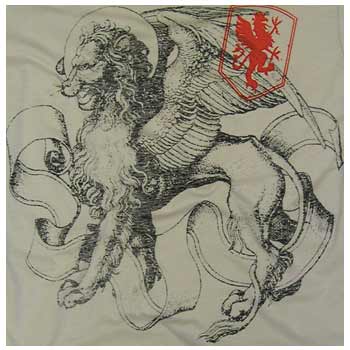I had a quick thought I felt like I would share:
As I was falling asleep during my afternoon nap yesterday I thought of
these two words: assertions and affections.
Much of the time spent in discussing the songs we sing in church have
to do with the words "style and substance," but I feel the focus
should be on the words "assertions and affections." The discussion
should be centered on the content of the music and its relation to us
as the recipients of God's Word, not on subjective moods toward style
and preferences toward instrumentation (although those are important
and should be considered as a secondary item).
The reason I was thinking of the words "assertions and affections" is
because all of life is held together by these two things, especially
in the life of the Christian. For example: The Word of God asserts
himself as Jesus Christ, we who believe are affected and live
accordingly. All of life should be seen in this manner, including our
times of corporate worship, and more specifically in the songs we
sing. The significance of hymns, young and old, is their clear
expression of the knowledge of God. This God to whom we are singing is
identified and completely distinct from all other gods and faiths.
Contemporary praise songs, on the other hand, tend to focus more on
our affections toward God.
We need the assertions. If we do not define the God to whom we are
singing, then our Christian faith loses its identification and
character. It becomes spineless and subject to sentimentality.
We need the affections. We need people who understand the God to whom
they are singing, and are moved by his holiness, sovereignty, justice,
love, mercy, and kindness.
Our God is both the God of Mount Sinai and the Christ who put his arm
around the woman at the well. We should sing joyfully sing to our Lord
and Savior, who is distinct and set apart from all peoples, all
philosophies, and all other gods.
Monday, November 12, 2007
Subscribe to:
Post Comments (Atom)


1 comment:
has someone been reading a little D.A. Carson?
Post a Comment